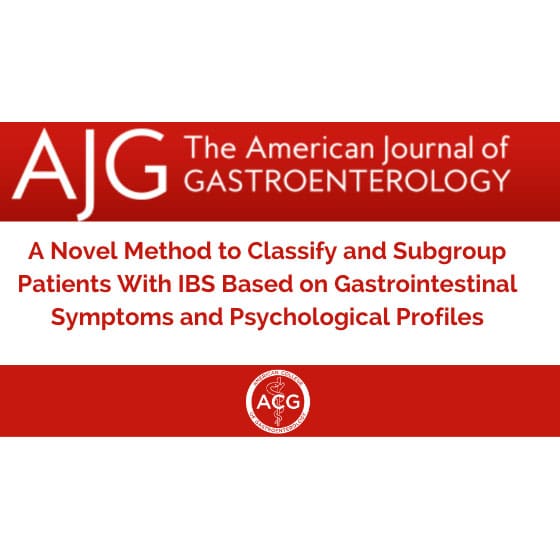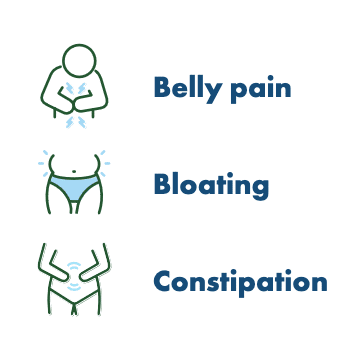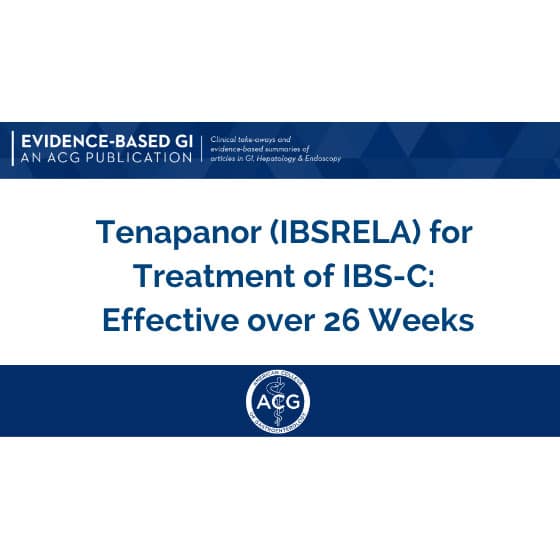A Novel Method to Classify and Subgroup Patients With IBS Based on Gastrointestinal Symptoms and Psychological Profiles
Abstract
INTRODUCTION:
Conventionally, patients with irritable bowel syndrome (IBS) are subgrouped based on their predominant bowel habit. Given the relevance of psychological comorbidity to IBS symptoms, our aim was to explore an alternative approach to subgrouping by incorporating factors beyond stool form and frequency.
METHODS:
We collected demographic, symptom, and psychological health data from 1,375 adult subjects in the community who self-identified as having IBS, identifying 2 cohorts meeting either Rome III or Rome IV criteria. In each cohort, we performed latent class analysis, a method of model-based clustering, to identify specific subgroups (clusters). For each cluster, we drew a radar plot and compared these by visual inspection, describing cluster characteristics.
RESULTS:
In total, 1,080 individuals met the Rome III criteria for IBS, and 811 met the Rome IV criteria. In both cohorts, a 7-cluster model was the optimum solution, and the characteristics of the clusters were almost identical between Rome III and IV. Four clusters were defined by the pattern of gastrointestinal symptoms (loose stools and urgency or hard stools and bloating), further differentiated by the presence of abdominal pain not relieved by defecation, and by the extent of psychological comorbidity. Two clusters had below-average gastrointestinal symptoms, differentiated by the extent of psychological comorbidity. The final cluster had well-above-average gastrointestinal symptoms and high levels of psychological comorbidity. The proportion of subjects with severe IBS symptom scores, high levels of perceived stress, and high levels of gastrointestinal symptom–specific anxiety was significantly higher in clusters with high psychological comorbidity (P < 0.001).
DISCUSSION:
Latent class analysis identified 7 distinct IBS subgroups characterized by varying degrees of gastrointestinal symptoms, extraintestinal symptoms, and psychological comorbidity. Further research is needed to assess whether they might be used to direct treatment.
Black, Christopher J. MBBS (Hons)1,2; Yiannakou, Yan MD3; Guthrie, Elspeth A. PhD4; West, Robert DPhil4; Houghton, Lesley A. PhD2; Ford, Alexander C. MD1,2
Listen to our
latest Podcast!






